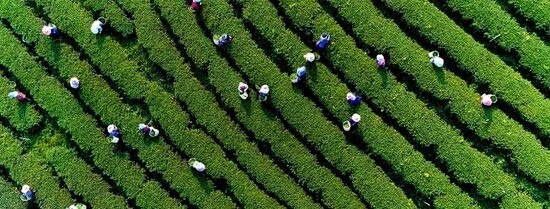After almost four years as operations manager at the Erasmus Initiatives Smarter Choices for Better Health (SCBH) and Dynamics of Inclusive Prosperity (DoIP), Anne Hofmann is moving on to a new adventure. She shares her journey, lessons learned and hopes for the future. ‘My best advice is to always stay curious’.
Vikings
Growing up, Anne always had a large interest in history and sociology. “That’s why I decided to pursue a PhD in Old Norse Studies, which essentially means I’m a specialist in Vikings”, she explains. “But these days, the field of humanities just doesn’t seem to be very valued anymore. Finding a job outside of research is extremely difficult. And even in research, lots of my friends are dealing with departments closing and funding cuts.”
“It’s a sad sign of the times”, she continues. “The humanities just aren’t as valued as other fields like business or the STEM fields. Money rules, not only in business but also in academia. People like to talk about GDP and money, and are less interested in how our society got to the place it’s at. And I don’t really see this change in the foreseeable future.”
Arriving at Erasmus
So, Anne decided to look outside of the field of research. “I started working as an administrator at Stockholm University, and after a move to The Netherlands, found a job at Erasmus University very quickly. As an operations manager at SCBH and DoIP ,I was involved in everything. It’s a very versatile role, where I not only did project management, but also things like HR, finance, and offering an open ear to all the members.”
One of the most rewarding moments came a few years ago, working at DoIP. The team took on the issue of floating degassing; the practice of cargo ships releasing chemical vapors into the air after unloading hazardous materials.
“For years, the Dutch government said it would be impossible to prohibit this because of international law, but our researchers looked very closely at the law and found out that it would actually be possible. Now, the government needs to install cleaning facilities along the canals. That benefits not only the environment, but also the health of people living near the canals and the ship’s crew. That felt like a huge win. The work was in cooperation with a journalist and the story also got large scale attention in the media.”
Culture shocks
Coming from a background in the humanities, working with so many inter- and transdisciplinary research teams at the same time obviously results in many culture shocks. “I changed a lot of misconceptions I had about other fields and see the different ways all fields of research contribute to society. Something I learned at SCBH which I’m still amazed by, is the way health literally has a price. The way money and health outcomes have to be weighed will never not be interesting to me.”
Next month, Anne will start working at the TU Delft. “I’m going to be working on a large project with the goal of developing quantum computers. It’s basically computers on steroids. They have a lot of potential to contribute to positive societal changes”.
“I have started reading some books on it, but will probably start learning a lot on the go. That’s the interesting part of working at a university. I get to learn so many new things and I think being curious is an amazingly valuable asset to have. Not just in my role, but in life. It makes everything more fun and without curiosity, we would still all be sitting in caves.”

